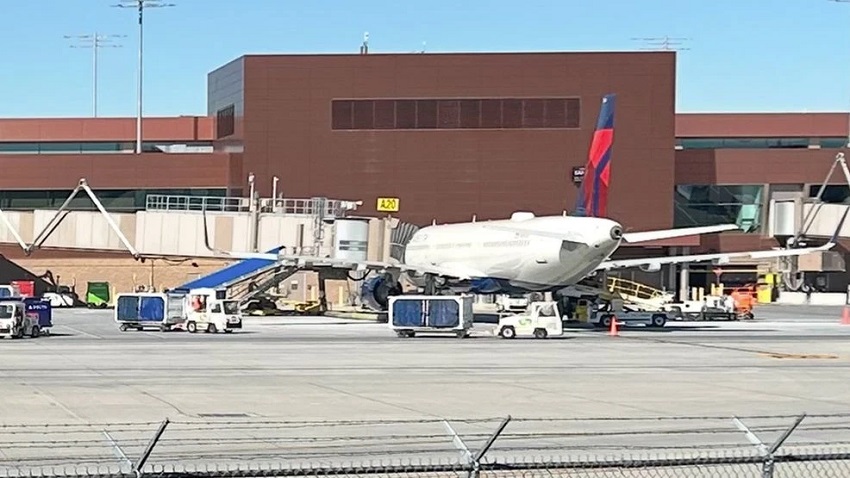SALT LAKE CITY, UT— A traveler who passed through Salt Lake City International Airport before driving to Idaho was later diagnosed with measles, according to state and local health officials.
The Utah Department of Health and Human Services, in coordination with the Salt Lake County Health Department, confirmed that the individual flew into Salt Lake City, rented a car, and continued on to Idaho before developing any symptoms. Officials emphasized that the traveler did not make any stops in Utah and posed a minimal risk to the public.
Health authorities have since contacted fellow passengers who were on the same flight as the measles patient. As of now, none have reported symptoms. Measles typically takes between one to three weeks after exposure to present symptoms, health experts said.
The individual, who was previously vaccinated, was cleared by a public health official to fly back home through Salt Lake City after recovering from the illness. By the time of their return, they were past the infectious period and therefore were not subject to any travel restrictions or placed on a “do not board” list.
“While it was reported that one of the vaccines received by this individual is not approved in the U.S., a dose of any MMR vaccine significantly decreases the risk of this individual spreading measles,” officials told KUTV.
The health department described the situation as presenting a “very limited risk to our community,” but issued a reminder amid rising measles cases across the country: Utahns should ensure their vaccinations are up to date, particularly before summer travel.
“The vaccine is incredibly effective and has been one of the most powerful tools for reducing the spread of measles for many years,” health officials said.
Utah currently has no reported cases of measles. The last known case occurred in March 2023, when an unvaccinated traveler contracted the virus abroad and returned to the state. That individual also did not spread the illness to others.
As national outbreaks continue to emerge in several states, public health experts are urging vigilance and vaccination as the best defense against the highly contagious disease.

